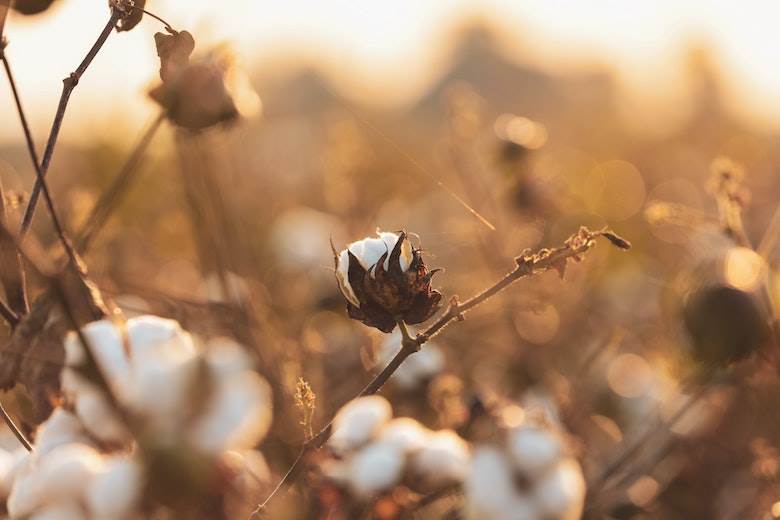EU New Cotton Project issues updates
02/08/2022

The original impetus behind the initiative was the EU’s plans to align its textile sector more closely with circular-economy principles, inclusive of its aim to increase textile waste collection, sorting, reuse and recycling among its member states by 2025.
Infinited Fiber Company’s flagship manmade cellulosic fibre, Infinna, is at the centre of the New Cotton Project, thanks to the firm’s cellulose carbamate technology, which enables cotton-rich fabrics (including mixed fibres) to be tuned into feedstocks for Infinna.
At this midway point, the project partners can celebrate successful implementation from textile sorting through garment sampling, they said. Manufacturers Kipas, Inovafil and Tekstina found the quality and dyeability of Infinna yarns and fabric to yield “highly positive results”, they added.
Key challenges unearthed thus far include limitations to current fibre identification technologies, a lack of sorting uniformity and the need for closer collaboration between circularity-minded designers, sorting facilities and recyclers at the design stage. Use of elastane, multiple layers of different textiles and “unnecessary” fibre blends should all be minimised moving forward, it was suggested, as should reporting of textile fibre compositions be made mandatory to support assessment of material recyclability “in a more reliable way”.
Results reported by brand partner adidas following a December 2021 quantitative consumer survey, which covered three local markets, also found “an overall positive perception of recycled fabrics”. More than half of respondents answered that they would like to participate in brand-independent take-back schemes, adidas said, suggesting cultural willingness to engage in textile recycling. A need for more consumer education was identified to combat “a lack of understanding around circularity”, however.
The next stage of the project involves a commercial run of Infinna garments, to be sold as part of H&M and adidas’ upcoming autumn-winter 2022 collections.
Credit: Karl Wiggers.










